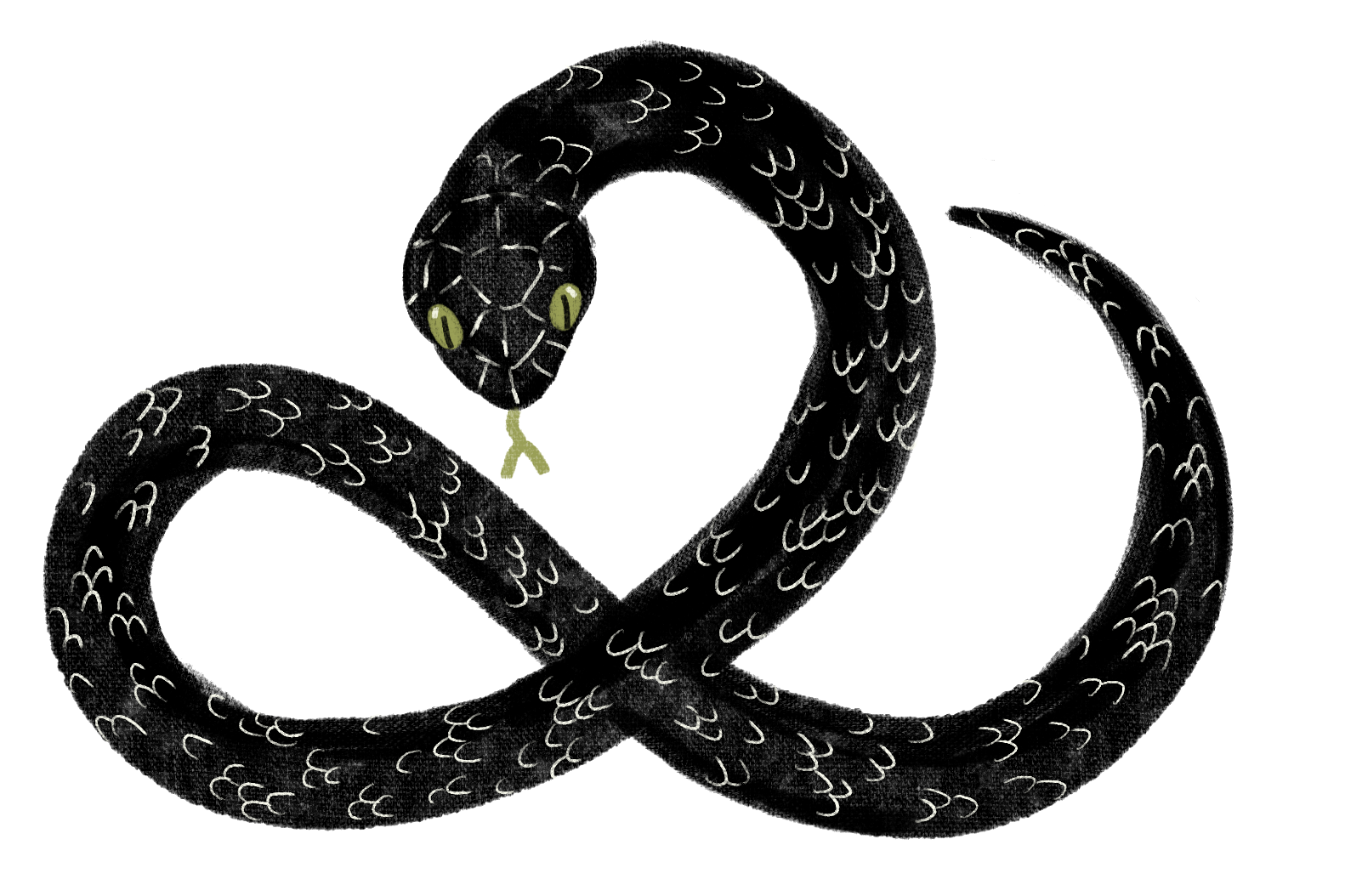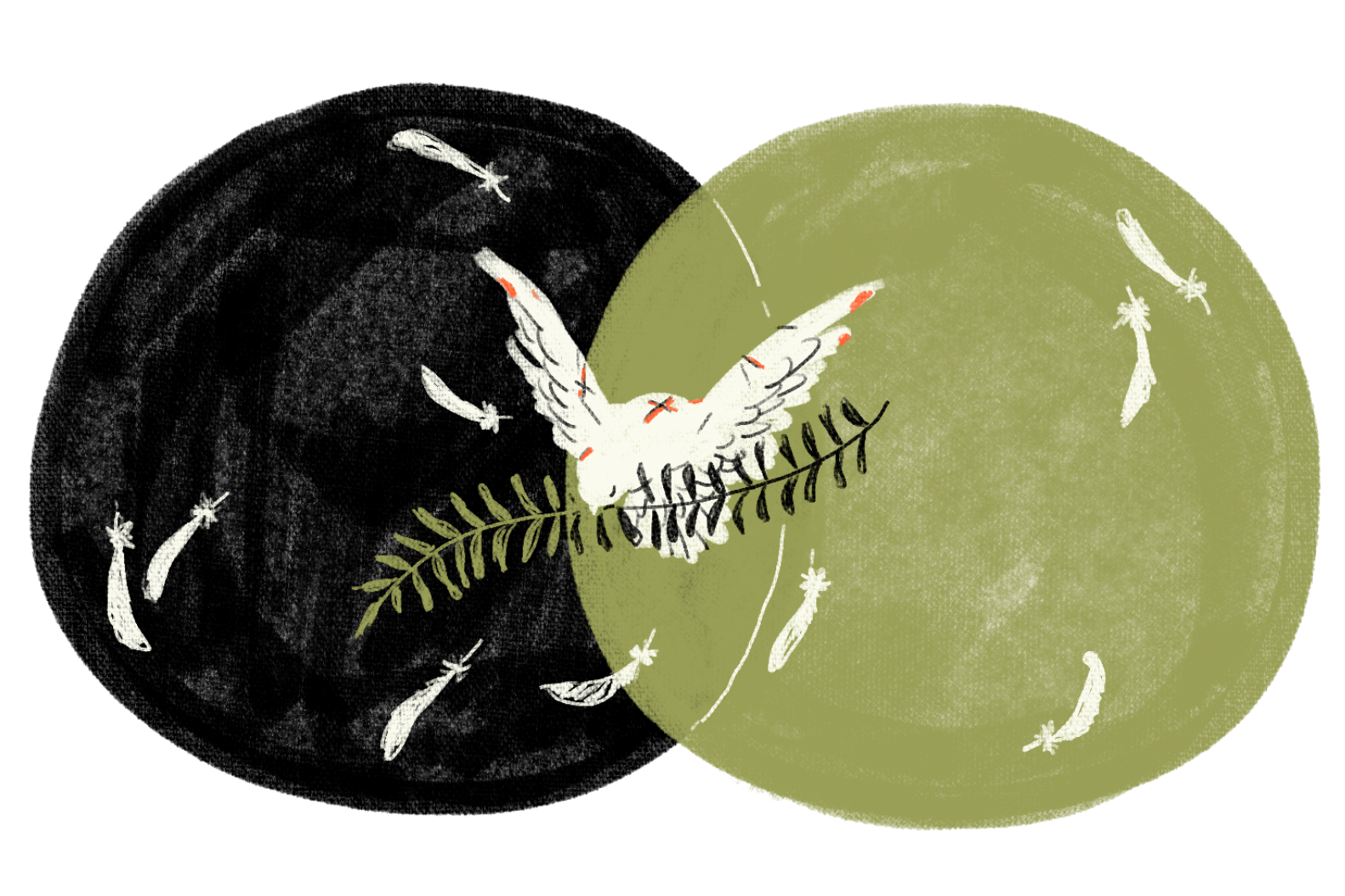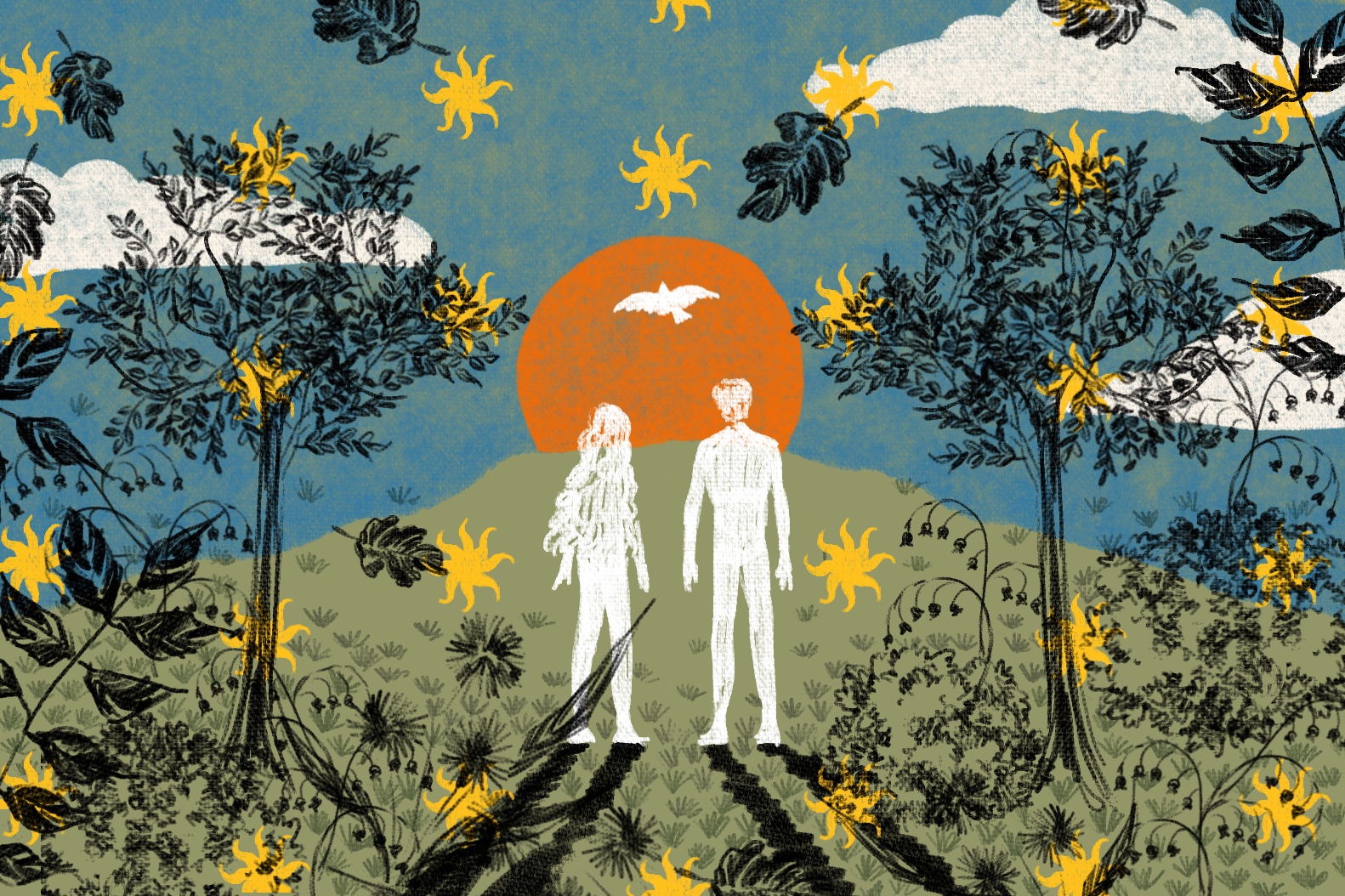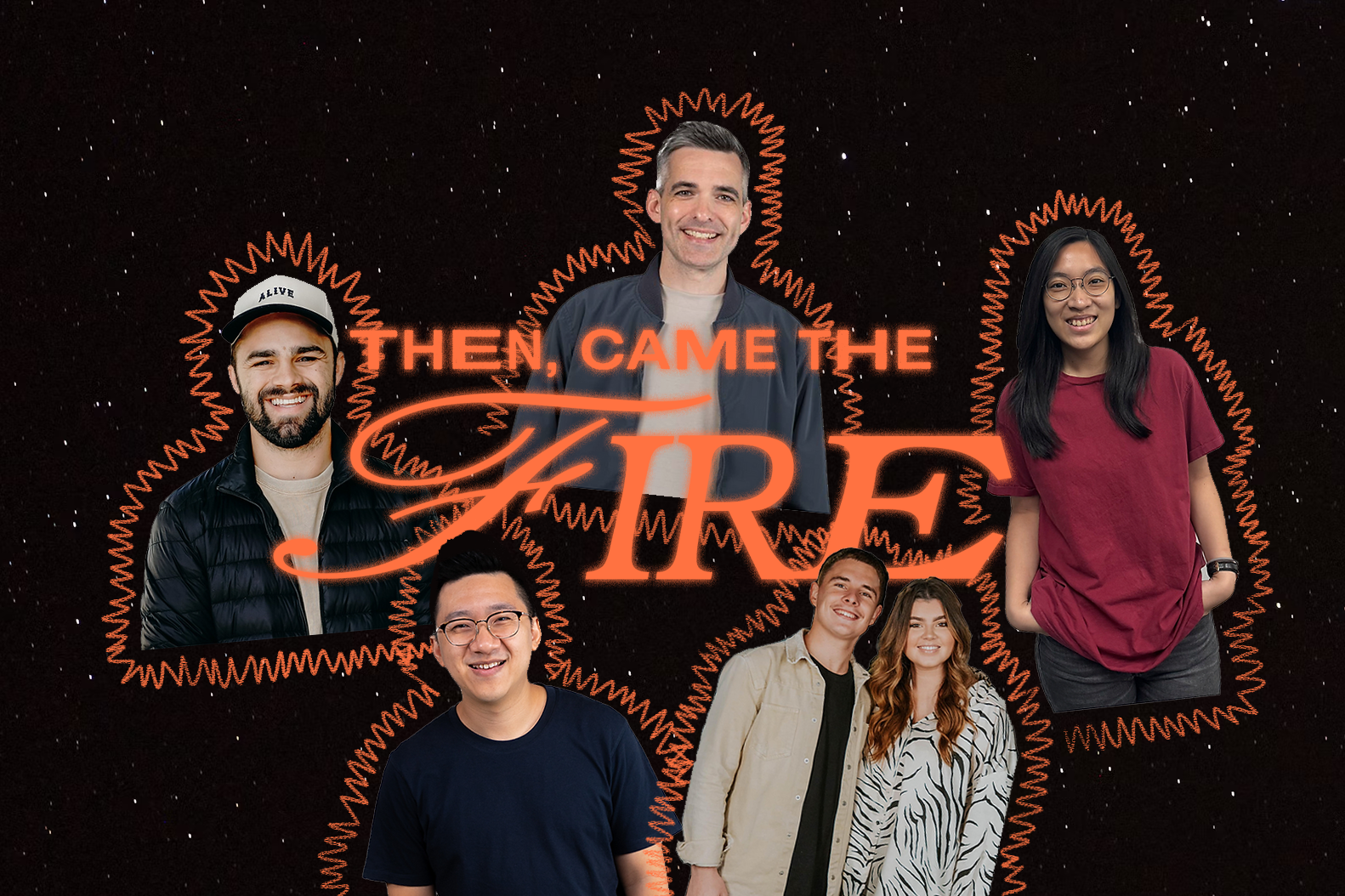Personally, I’ve begun to ponder more on what the Garden of Eden represents.
- Why would God make such a beautiful habitation for Adam and Eve?
- What does it mean when they fell?
- Most of all, how can our fallen world be made whole again?
Thinking on questions like that, I would like to share some points based on my interpretation of the account of Eden, how it relates to the future Kingdom that Christ told us about, and how these insights can help us in our walk as followers of Jesus today.
When Adam and Eve are mentioned in Genesis 2, it’s tempting for readers to assume they are just wandering around the garden in a state of bliss. After all, that is often how they are depicted in art.
In truth, however, they were also given great responsibility to manage this vast and beautiful place, on behalf of the entire human race, and to have unadulterated communion with God while doing so.
In fact, I propose the idea (that other theologians have argued for) that Adam and Eve represent the first priests among humanity and that the Garden of Eden can be seen as the first temple.
If so, God’s designation of this special couple gives us an idea of how humans were supposed to commune with God.

It is worth noting that in the original Hebrew, God’s personal name – Yahweh – is only brought up in the second chapter of Genesis.
When God creates the whole world in Genesis 1, along with humanity more broadly, He is referred to as Elohim (a more general term).
This is perhaps a subtle clue that this is an inflection point where God reveals Himself intimately to humanity.
We see how God breathes life into this creature, and the indication is that He does so because He desires creatures capable of enjoying relationship and reciprocating love – just as the eternal Trinity coexisted in perfect love and relationship.
God also tasks Adam to name the animals, giving him a sense of agency in shaping the world around him. And even though we don’t see explicit directives for Eve to act in a certain way, we can infer that she is also similarly called to take ownership in the Garden, all while enjoying intimacy with the Lord as Adam did.
The way in which God tasks them to actively care for the garden, and to exercise dominion over all the other living species, represents a major theme throughout the whole Bible of how the Creator of the universe wants to partner with humans in the work that needs to be done.
This theme carries on into the New Testament and beyond, where we see Jesus calling all believers in the church age to carry out the Great Commission.
Alas, this state of perfection in the Garden of Eden was not to last…
What the Fall truly was
“Behold, the man has become like one of us in knowing good and evil” (Genesis 3:22)
Genesis 3 is simultaneously one of the most fascinating yet tragic moments throughout the entire Bible – and perhaps of any literature that’s ever been written!
Yet, it is a story that many people, including believers themselves, can misunderstand.
On the surface level, it looks as though God put an “evil” tree (amidst a sacred space) just for the sake of testing Adam and Eve.
It then seems like God did nothing as some sinister snake tempted Adam and Eve, and then God harshly cursed Adam and Eve just for eating the wrong fruit.
That’s how many see it. But we miss the point if we interpret the account of the Fall as God becoming angry simply over the actions of eating a certain fruit.

Reading a little closer, we will be able to see that nothing could be further from God’s intention.
God placed the tree of the knowledge of good and evil in the Garden to allow humanity free will. If all Adam and Eve could do was obey God like robots, they would be prisoners in paradise.
He even told them not to eat of its fruit because doing so would result in death, a command which would could be followed with either obedience and trust, or disobedience and doubt.
We know what Adam and Eve chose. Adam and Eve could have learnt about good and evil through a relationship with God, but they chose the wrong path.
If all Adam and Eve could do was obey God like robots, they would be prisoners in paradise.
And they could have waited for God to bestow upon them wisdom at the right time, which perhaps could have equipped them for even greater tasks in the Garden of Eden.
In my view, they tried to seize this knowledge for themselves in a selfish manner – a corrupting act that would ensure human knowledge would bring ruin rather than uplifting as God desired.

Learning how to trust God’s infinite wisdom with our destinies, and going through life according to His timeline rather than our own, are key elements in our relationship with Him.
Personally, I have been in a stage of life where I had not been able to find a solid full-time job since graduating from university, unlike many of my peers who graduated at the same time as me and were already on their career trajectory.
Through that painful episode, I have learned to trust God to guide me step by step rather than demand that a stable career come instantly.
All of us have desires. Whether these desires are career goals, financial targets, academics, romantic relationships, building friendships or serving in ministry — the lesson is to follow the timeline God sets for us rather than rushing these goals based on our timeline.
God cast Adam and Eve out from the Garden of Eden since they had become sinful. However, there was also a promise (stated in Genesis 3:15) that the offspring of the woman would one day crush the serpent’s head.
Adam and Eve must have been wondering and hoping about this child to come.
Jesus Christ and the fulfilment of the promise in Eden
“And when Jesus saw their faith, he said to the paralytic, “Son, your sins are forgiven” (Mark 2:5)
When the Word became flesh and dwelt among us (John 1:14), it essentially marked the first time in many thousands of years that the Creator of the universe and of all life was dwelling among the humans he created as He wanted to.
After Adam and Eve were exiled, humanity was denied the intimate communion with God they had once known.
Even specific individuals like Enoch, Noah, Abraham, Isaac, Jacob and Joseph, who enjoyed intimate walks with God, knew not the access Adam and Eve had to God in the Garden of Eden.
Once Israel was delivered from Egypt and led to the Promised Land under the leadership of Moses (and Joshua later on), the people of Israel had a land that represented communion with God.
But even then, God’s true manifest presence was only limited to certain times or in certain locations, namely within the “holy of holies” within Jerusalem’s temple which was the Most Holy Place (Hebrews 9:3).
None of those examples represented how God truly wanted to relate to the humans He created.
I believe that in becoming human flesh, Jesus wanted to point us back towards the promise given in the Garden of Eden that would see humanity gain a restored relationship with God through Christ’s triumph over sin and the forces of darkness.

During His ministry, Jesus’ words and deeds displayed a blueprint for how the curses pronounced after Adam and Eve’s disobedience were to be reversed.
For a start, Jesus successfully resisted temptation from the Devil in the desert, choosing not to bow to promises of earthly glory or sustenance through ungodly means. Commentators throughout church history have noted how similar the two temptations were.
Praise the Lord that while the man from dust (Adam) failed the test, the man from heaven (Jesus) passed with spectacular colours!
Jesus also taught much wisdom about how to live a truly flourishing life such as by loving our neighbours as ourselves, forsaking our fixations over gaining material possessions and caring for the least among us.
He also performed miracles to heal the sick, opened the eyes of the blind and even raised people from the dead (as with Lazarus).
All this was to point to the heavenly kingdom where followers of Jesus can finally be free from the effects of human sin and live in a world made whole.
Most importantly, Jesus came to be the Lamb of God who takes away the world’s sins. This is why, when healing people, He didn’t simply stop at physical restoration — but proclaimed that their sins were forgiven.
Jesus provided the means for atonement and forgiveness through His sacrifice on the cross, reversing the effects of Adam’s disobedience (Romans 5:12-19) while also triumphing over death and the grave through His resurrection!
Presence and purpose
As I’ve laid out my interpretation on the account of the Garden of Eden and how it relates to the Kingdom that our Lord Jesus Christ proclaimed, there are two ideas that stand out to me.
They are the importance of presence and purpose. They serve as a guideline for how we, as God’s beloved children, should live the lives that He has given us.
“You have made us for yourself, O Lord, and our hearts are restless until they rest in you” — St. Augustine
First, we would do well to remind ourselves that having access to God’s presence is the greatest blessing human beings could ever have.
I would compare the importance of having God’s presence fill our soul akin to how our bodies rely on water and food on a regular basis. As the Psalmist put it: as a deer pants for running streams, so our soul yearns for Him (Psalm 42:1). We need God like we need water!
St. Augustine once wrote, “You have made us for yourself, O Lord, and our hearts are restless until they rest in you”.
Since we were made to enjoy deep and meaningful communion with our Creator, let us ever draw near to His throne of grace (Hebrews 4:16) and allow His joy to serve as our source of strength (Nehemiah 8:10).
Secondly, we need to understand, deep in our hearts, our purpose — why God has created us and is guiding our lives.
We were fearfully and wonderfully made by Him, and with the intention of being God’s handiwork in Christ (Ephesians 2:10).
That, rather than the usual earthly goals humans set for themselves, represents the true purpose that should guide all that we do.
And so, guided by our God-given purpose and having Christ dwell within us, let us live lives worthy of the calling we have received.









